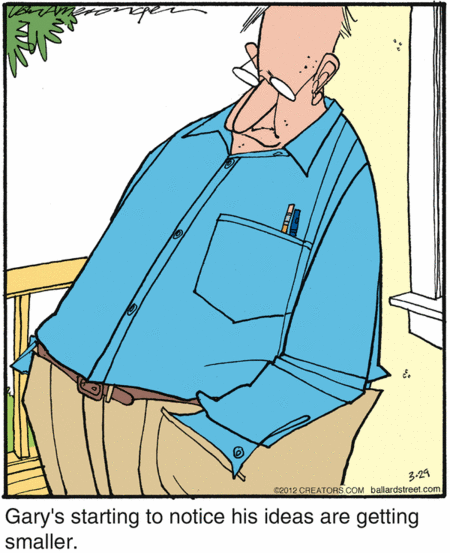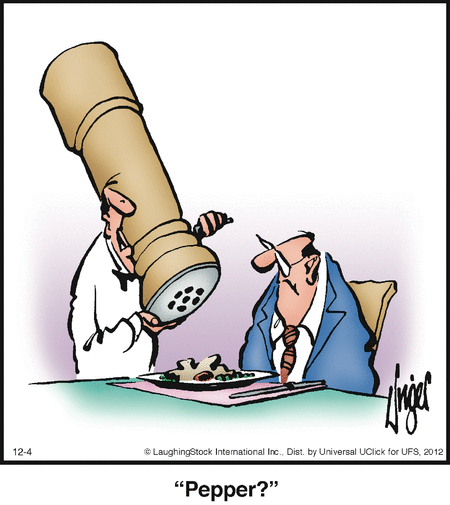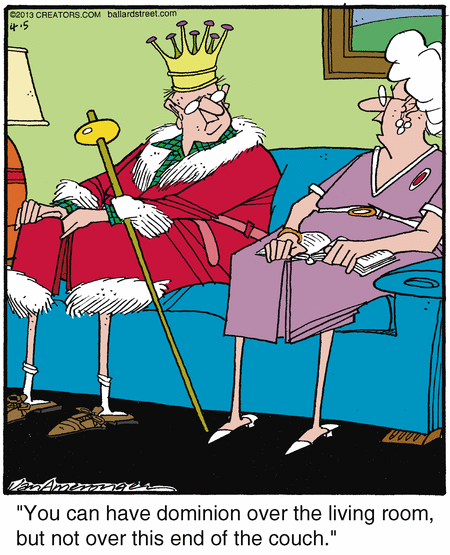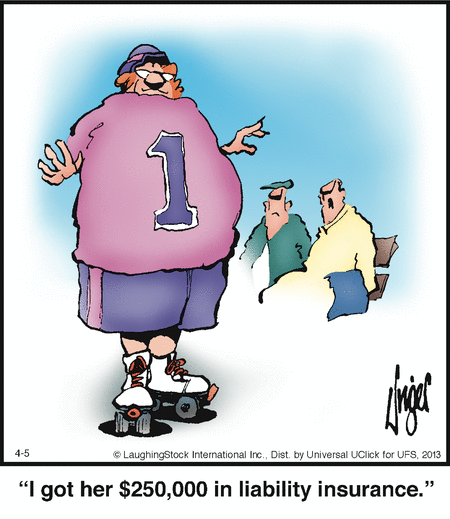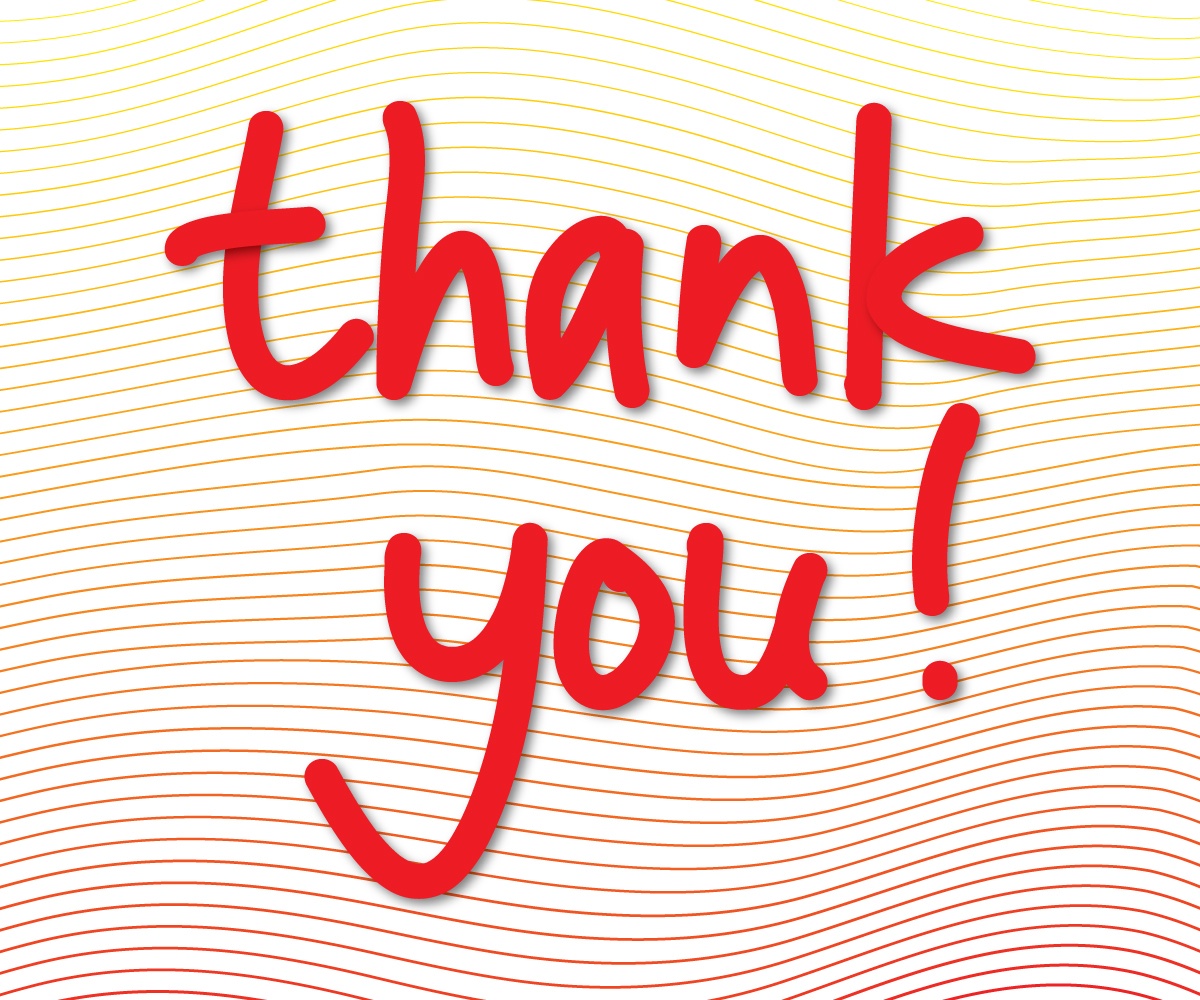Episode 171 – 3 Reasons Why You Shouldn’t Worry About Competition When You Tell Your Story
Podcast: Play in new window | Download (Duration: 33:59 — 31.5MB)
Subscribe: Apple Podcasts | Spotify | Email | RSS | More

I don’t have time to blog or produce online content.
There are millions of websites. Hundreds of millions actually!
There are no official numbers posted, but some estimate there are over 1 billion YouTube channels.
What about podcasts? Again, official numbers are tough, but estimates are around 200,000 different podcasts. They likely represent millions of episodes.
It’s all content. Text. Video. Audio.
Besides, there are already too many people hollering their message in my industry.
Yes, it’s crowded and growing more so every single day. But the herd is also thinning while it’s growing. Think about that for a moment. While some people are just launching their website or blog…others are abandoning theirs.
Unfortunately, the Internet is a place where people can own abandoned, broken down real estate. It clutters up every online neighborhood. Imagine driving through a nice neighborhood in your home town and you see a nice, well kept house with a terrific front lawn. Right next door there is a house that hasn’t been painted in years. The yard is over grown. The roof is falling in.
It’s the same thing in almost any niche you care to examine. You’ll find very nice, updated sites with current, up-to-date content. Then, just next door (one click away), you’ll find another site that hasn’t been touched for years.
Don’t be discouraged by the number of competitors.
I was looking through the Apple iTunes podcast directory at the SEO (search engine optimization) podcasts. Just a casual glance revealed at least 100 different podcasts in the SEO category. Yes, that’s quite a few for a specific niche.
I selected that specific niche for a reason. It’s about Internet-based technology that is always changing because the search engines are constantly updating their algorithms to produce better results for the end user. Anybody in the SEO space has to stay on top of it or they get left behind. Anybody producing content in the SEO space has to maintain a discipline and dedication to keep their content updated. Not only that, but unlike many spaces, SEO information grows old. In the online world you’ll hear the phrase “evergreen content.” That just means in many niches a blog post might be written today (or a podcast episode might be released) that is still valid years from now because the principles and truths of what’s released today don’t change. Or they don’t change that often or that much. Not so in the SEO space. It’s constantly moving.
Let’s suppose you’re an SEO expert and you look at all the podcasts on the subject…are you discouraged? Well, if you are, then you’ll have a stroke when you look at the websites and blogs on the topic.
Google “SEO experts” and you’ll get almost 16 million search results. Sure, many of those are just pages or articles about the topic, but it provides a glimpse of the popularity of the topic. There are tens of thousands, if not hundreds of thousands, of SEO experts around. Besides that, many companies have SEO experts in house!
It’s also a niche with a pretty high barrier of entry. SEO is a technical craft that requires people know their stuff – and that they remain devoted to ongoing learning. We mere mortals lack the attention span, capacity or interest to delve into their world for too long. But, it’s a very crowded space.
I’ve purchased countless books on the topic. I’ve listened to more mind-numbing podcast and watched more coma-inducing videos than I can remember. There are some brilliant people in the space, but one person stands out for me. He’s the red ball in the sea of gray balls that represent the SEO world. He’s really more than just an SEO guy because he focuses on traffic, which is what SEO is all about anyway. I resonate with Neil Patel. Yes, I am a customer, too.
When I look at the SEO world I don’t see too many other people. I see Neil. I’m pretty sure other people see a different red ball.
Think about the people you listen to or read. Do you have a favorite sports columnist? A favorite food show host? A favorite TV show? Sure. We all do. Ask yourself why you like them.
Uniqueness isn’t just in what you know, or what you do – it’s also in who you are and how you deliver.
Style matters. Yes, substance is the competency you bring with you. You must be capable in whatever service you provide. But let’s assume you’re competent. Your favorite sports columnist has tons of competition, but you prefer reading his stuff. Is he more competent than all the others. Doubtful. But he might concentrate more on your favorite sport. Or he might always have a very strong opinion. To you…he’s different than all the others. He stands out for you.
Let me leave you with just a few reasons why you shouldn’t let the competition stop you from producing online content to tell your story.
1. Even if you’re in the same business, you are different.
Everybody is. Go visit 2 different fast food franchises of the same brand and you will notice some differences. One will be better than the other. It may be cleaner. It may have better parking or easier access. It may have more polite, well-groomed employees. The food might even be hotter at one versus the other. One might put napkins in your bag while the other one leaves them out.
If the most routinely run businesses on the planet – fast food joints – can be different among their own ranks, then I shouldn’t have to work too hard to persuade you that any business can stand apart from the competition.
Your story is your story. Nobody has an identical story. Embrace the differences in your story. What are the compelling differences between you and your competition? Don’t shy away from them. Run toward them. It’s the best way to attract people who will find you compelling. It’s also a great way to avoid attracting people who would never buy from you. It’s a marketing victory without causalities because everybody wins.
2. Focus on where your differences can be positively amplified.
Neil Patel has his own style and personality. But so do others. I happen to like his style. He’s straight-forward, confident, but likable. Others might totally disagree with me though and they’d likely toss out the name of somebody else when it comes to experts on generating online traffic.
Neil communicates in a unique way. For starters, he produces a ton of content. I’m on his list and I’ll admit I don’t always check out the daily updates made on his site. He has guests who post content on his site and it’s a very steady stream of up-to-date information delivered via what he calls The Daily Egg. Yep, it’s daily!
What makes you different? Embrace that and amplify it. Too many people think they should try to be something they’re not so they can appeal to more people. Unfortunately, it can make you appealing to nobody.
IBM used to require all sales reps to wear white shirts. It was the dress code. Oh, and no facial hair was allowed. The logic made sense at the time, offend no one. IBM wanted their sales reps to appeal to everybody.
But what if you liked guys who wore pink shirts with black bow ties? Well, you weren’t going to buy from IBM because they didn’t have anybody like that.
What if you were a Harley riding CEO with a beard? Nobody at IBM would ever call on you who looked like you. In fact, you likely found it hard to relate to anybody at IBM at the time.
Are you the buttoned-down, corporate type? Is that how you feel most comfortable? Then concentrate on that. Go with it. Play it up. Go larger than life with it and you’ll attract other people who feel like you do. Birds of a feather and all that.
Are you a blue jean, flannel shirt type? Don’t visit Brooks Brothers in an effort to be somebody you’re not. Be the blue jean, flannel shirt wearing guy and you’ll find other people who would never welcome a suit into their office.
When you amplify qualities that others can find positive, then you’ll necessarily put putting yourself out there in ways that aren’t pleasing to others.
To be loved by some you must be willing to be hated by others. Your style matters. Be true to it.
3. Start, but never finish.
If you don’t have a website, blog, YouTube channel or podcast – don’t sweat it. And stop worrying about being on Linkedin, Facebook, Twitter or Pinterest.
Too many of you are defeated before you ever start because mentally you’re already drowning. Your feet aren’t even wet. You’ve let yourself become overwhelmed simply by thinking about all this stuff. Stop it!
NOTE: Get a website up and running now. You can get a website up and running with little effort. For now, just go register a domain name. Pick a domain that is identical to your company name, if it’s available. My business name is Bula Network, LLC. So, my domain here is BulaNetwork.com. Get a dot com domain. There are dot net and plenty of other suffixes, but get a dot com if it’s available. I’m assuming you’ve got an existing website though so let’s keep going with this third and final point…
If your website is just an online billboard you’re missing an opportunity to stand apart from the crowd. Think of it as the difference in looking at a cardboard stand up of you versus having you in real life. A static billboard type website hasn’t got your personality. Most don’t have any personality. How are people going to get to know you? How are you going to stand apart from the crowd?
Don’t tell me because you serve customers better. Or because your stuff is better. Or because your price is lower. You’re just like everybody else. You’ve got to give me more.
Start sharing. Start telling people more about who you are and what you do – and how you do it. Start telling people your own story. Why do you do what you do? Why are you in this business? Put it out there. Not everybody will be interested in every detail of your life, but some people will. And in sharing these details you’ll begin to attract people who are looking for somebody like you. You’ll also get more accomplished at telling your story. Like any other endeavor, you’ll get better the more you do it.
The good news is you can start right now. The bad news is you’ll never be finished.
Think of your family. Do you guys talk very much? Why? Don’t they already know you? Why are you talking to them today?
What about your prospects or customers? Yeah, you were right to think you don’t have to talk to them. Who’s got time to sell their stuff by sharing valuable information? Or by telling people their story so people can figure out if they want to do business?
By now, I hope it’s as visible as that red ball. So get out there and as Chevy Chase said in Caddyshack, “Be the ball!”
Be the red ball.

Subscribe to the podcast
 To subscribe, please use the links below:
To subscribe, please use the links below:
- Click Here to Subscribe via iTunes
- Click Here to Subscribe via RSS (non-iTunes feed)
- Click Here to Subscribe via Stitcher
If you have a chance, please leave me an honest rating and review on iTunes by clicking Review on iTunes. It’ll help the show rank better in iTunes.
Thank you!
